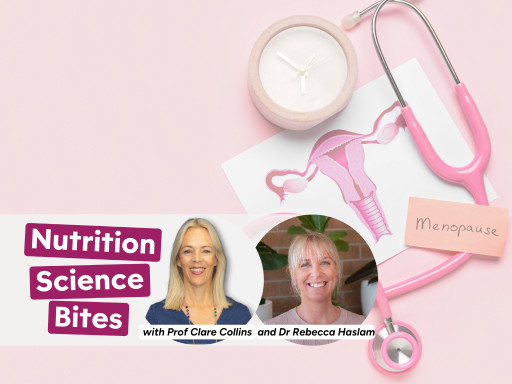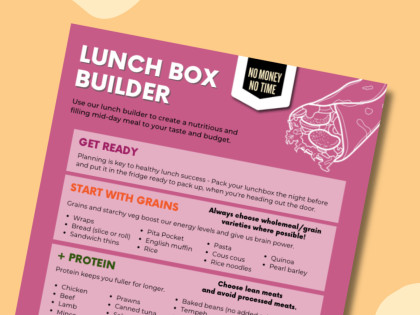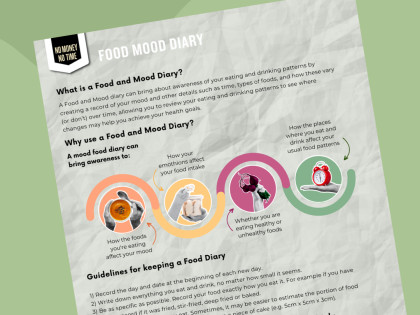In this conversation Prof Clare Collins and Dr Rebecca Haslam discuss the menopause and the 10 common questions women ask focusing on nutrition, weight management, and health strategies for women undergoing the menopause transition. They explore stages of menopause, common symptoms and importance of awareness and education. The discussion also covers nutrition challenges ,diet, the role of protein, phytoestrogens, calcium, and vitamin D, as well as the impact of supplements targeting menopause and dieting strategies. The conversation emphasises the need for ongoing support and proactive health management for women in this life stage.
Key Takeaway Messages include:-
- There's much more awareness around menopause now.
- Menopause has distinct stages: perimenopause, menopause, and postmenopause.
- Nutrition plays a crucial role in managing menopause symptoms.
- Weight gain during menopause is common and often hormonal.
- Individualized support is key for weight management.
- Fatigue is a common symptom during menopause.
- Protein intake may need to be higher during menopause.
- Phytoestrogens may not be effective for everyone.
- Calcium is vital for bone health during menopause.
- Regular check-ups with a GP are important for women in their 40s.
NMNT Food and Mood Diary
NMNT Menopause and weight gain - what are the facts?
Join the NMNT closed Facebook group
To access the Healthy Eating Quiz: Go to our No Money No Time website and click on the top right hand 'green button' called 'How healthy is my diet'
Want a more Personalised Food, Nutrient Assessment Report? Use our Australian Eating Survey - For a 50% discount enter the 'DietCheck' code at the checkout! Purchase here
Our No Money No Time email: nmnt@newcastle.edu.au and our Nutrition Science Bites email: nutritionsciencebites@newcastle.edu.au
Are you in a position to make donation to support our No Money No Time website? Donate here













